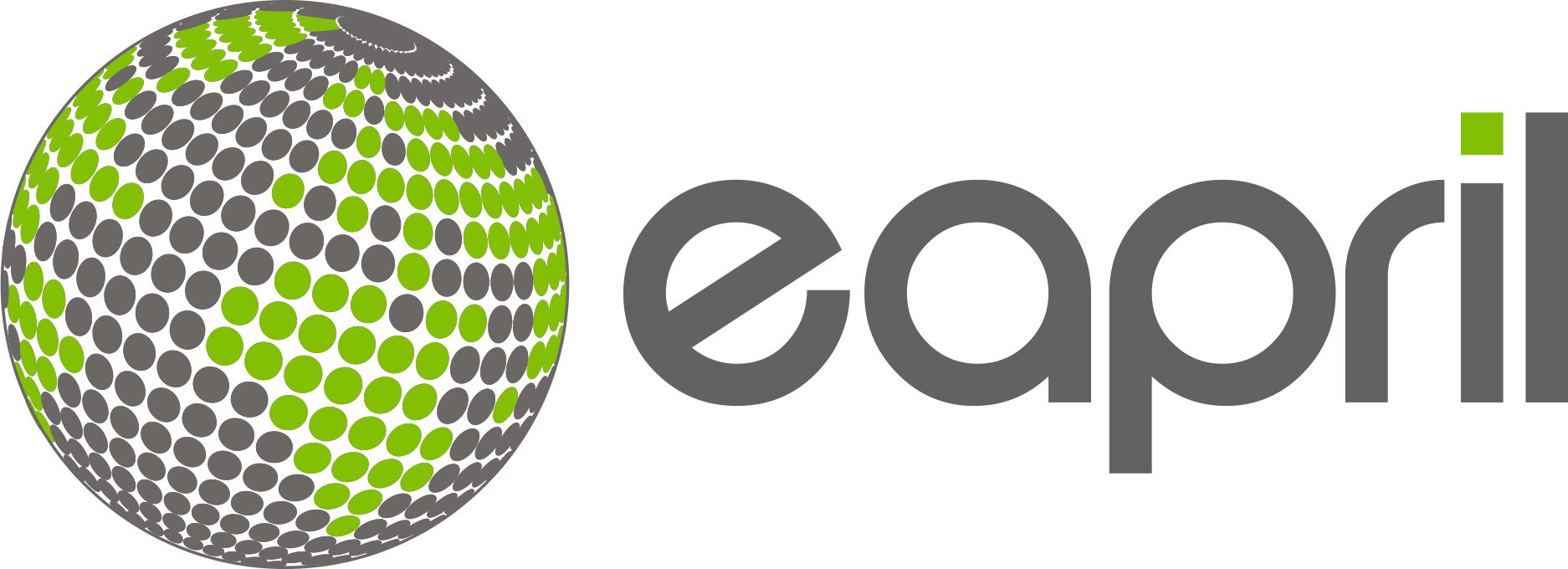Is it easier to collaborate with people you don’t directly work with? How can you create a climate of trust and mutual respect when collaborating at work? Why should you collaborate with others, if you’re stuck in a culture of accountability?
A recent webinar explored these questions in relation to both leadership and professional learning, with a focus on meeting the challenges that surround educational collaboration.
Three colleagues from the European Association for Practitioner Research on Improving Learning (EAPRIL) discussed research from Switzerland, the Netherlands and the UK on why teachers and leaders find collaboration useful. Marcelo Giglio, Loes van Wessum and Rebecca Eliahoo suggested ways in which teachers and educational leaders can get the most from collaborating together, especially at a time of increasingly rapid policy, regulatory and curricular changes.
Participants in the webinar said they valued professional learning communities where people can share knowledge and information, ask questions and get feedback on an equal footing. After all, professionals are independent learners who want to learn from each other. But both digital and face to face professional learning communities need planned interventions so that they can be both effective and supportive.
When it works well, collaboration is professionally helpful and there are a number of ways to increase its usefulness: for example, using Transactional Analysis and Non-Verbal Communication cues can help determine and understand what is really going on during a dialogue or conversation. TA can encourage ‘adult-to-adult’ exchanges where constructive feedback can be used to help change perspectives and widen horizons. Positive body language and good interpersonal skills can win over members of a professional learning community. Using an intervision or action learning structure can also bring a practical understanding of theory, as well as contributing towards a collaborative culture, where people feel collectively responsible for their organization and its performance.
For more about methods to help teachers and researchers collaborate and co-create ideas for future practice, read our article in the open access UAS Journal Special Issue 2018 with https://uasjournal.fi/in-english/improve-collaborative-lifelong-learning/
[youtube https://www.youtube.com/watch?v=0_ma8F3ePtE]
Share this post
About the author
Lorem, ipsum dolor sit amet consectetur adipisicing elit. Doloribus incidunt esse labore sint, sequi commodi reprehenderit quos dicta nesciunt quasi tempora nobis amet tenetur suscipit quisquam adipisci minus autem fuga.

